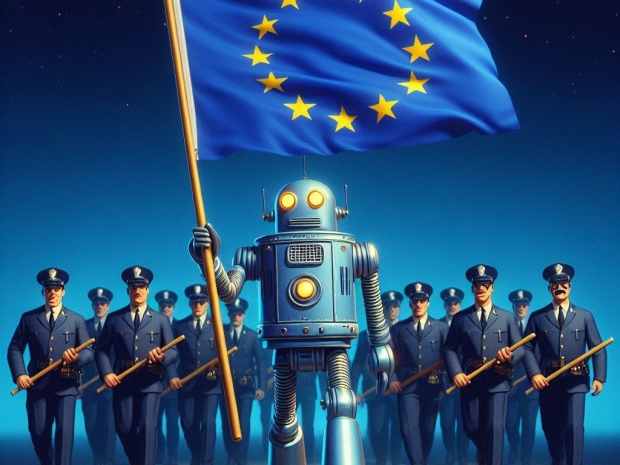Europe's landmark regulations on artificial intelligence are set to come into effect next month after EU nations endorsed a political agreement reached in December, establishing a potential worldwide standard for a technology integral to business and daily life.
The European Union's AI Act is more extensive than the United States' voluntary compliance approach and China's method, which seeks to preserve social stability and state control. The endorsement by EU countries occurred two months after EU legislators supported the AI legislation proposed by the European Commission in 2021, following several significant amendments.
The AI Act mandates stringent transparency requirements for high-risk AI systems, while the criteria for general-purpose AI models will be less stringent. It limits governments' use of real-time biometric surveillance in public areas to instances of specific crimes, the prevention of terrorist acts, and the search for individuals suspected of the gravest offences.
Legal expert Patrick van Eecke said the new law will have repercussions beyond the 27-nation bloc.
"The Act will have a global reach. Firms outside the EU that utilise EU customer data in their AI platforms must comply. Other nations and regions are likely to adopt the AI Act as a model, just as they did with the GDPR," he remarked, alluding to EU data protection regulations.
While the new rules will be implemented in 2026, prohibitions on using artificial intelligence for social scoring, predictive policing, and indiscriminate harvesting of facial images from the internet or CCTV footage will commence in six months once the new regulation is activated.
Requirements for general-purpose AI models will take effect after 12 months, and regulations for AI systems integrated into regulated products will follow in 36 months. Penalties for infractions range from 8.2 million dollars or 1.5 per cent of turnover to 35 million euros or 7 per cent of global turnover, depending on the violation type.

